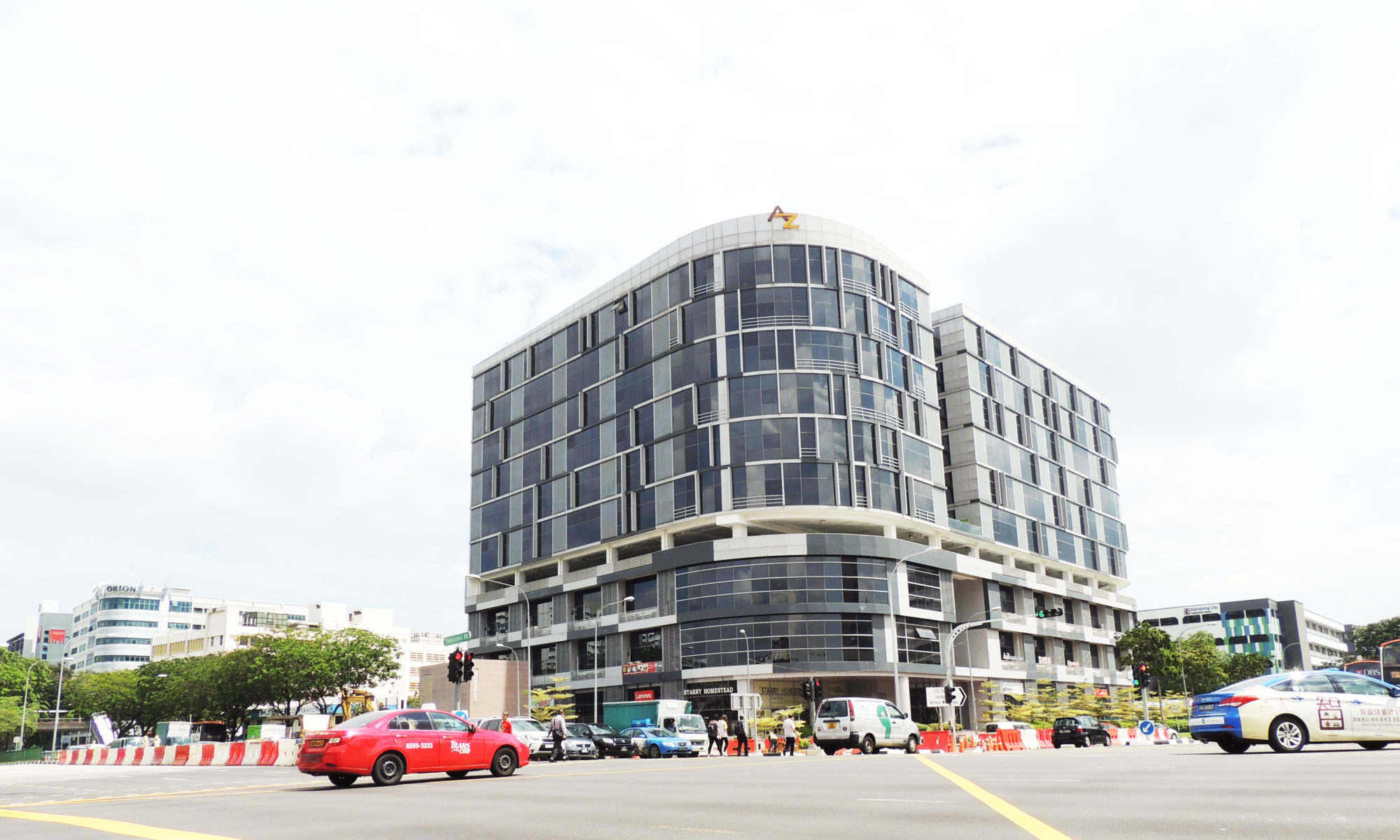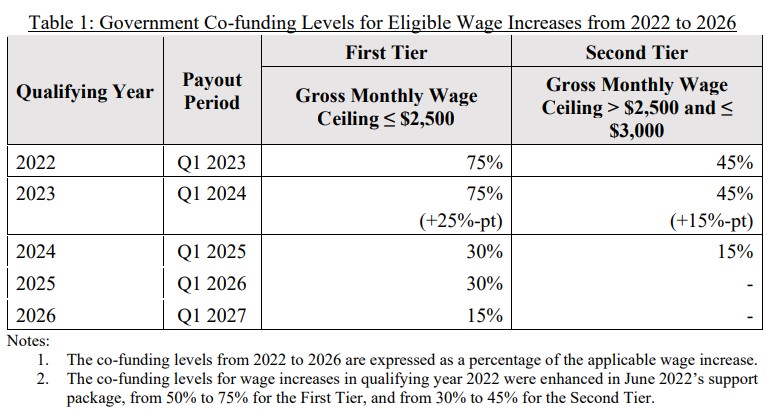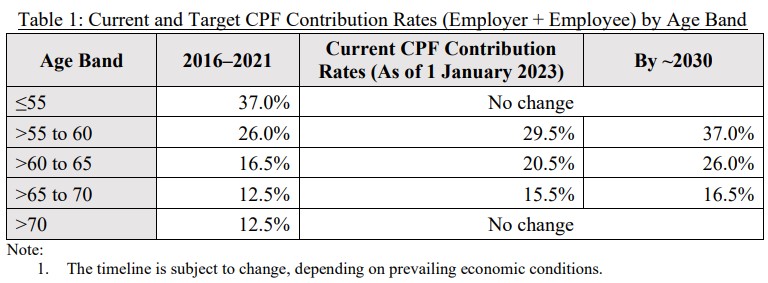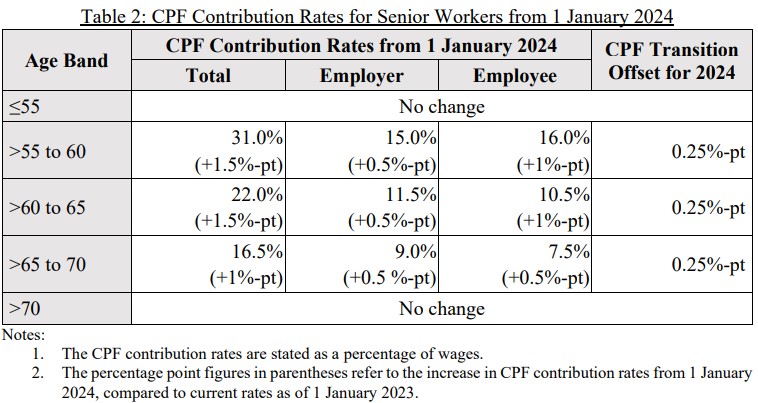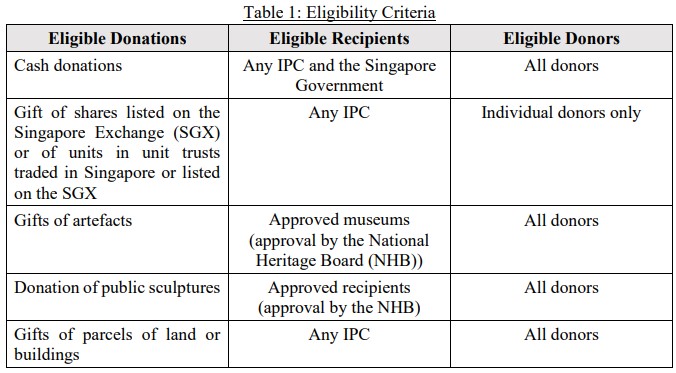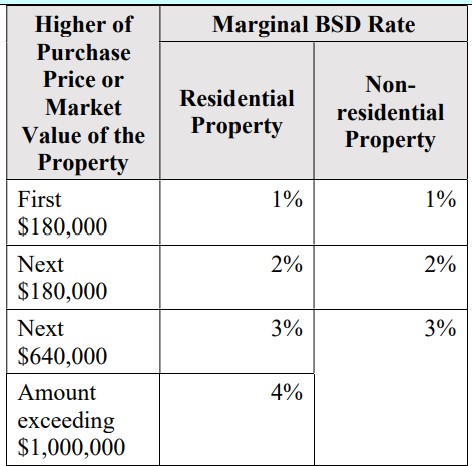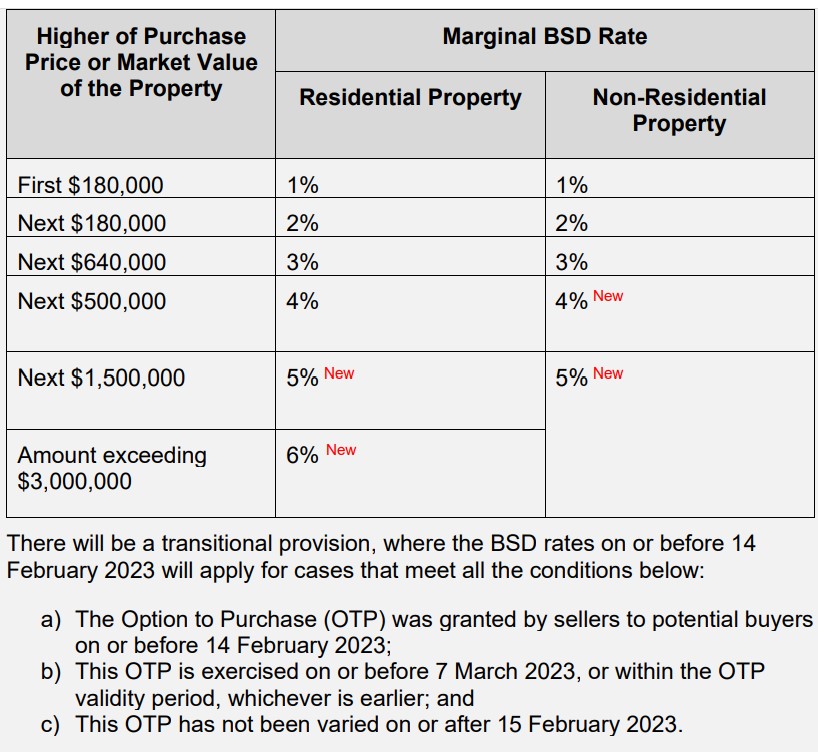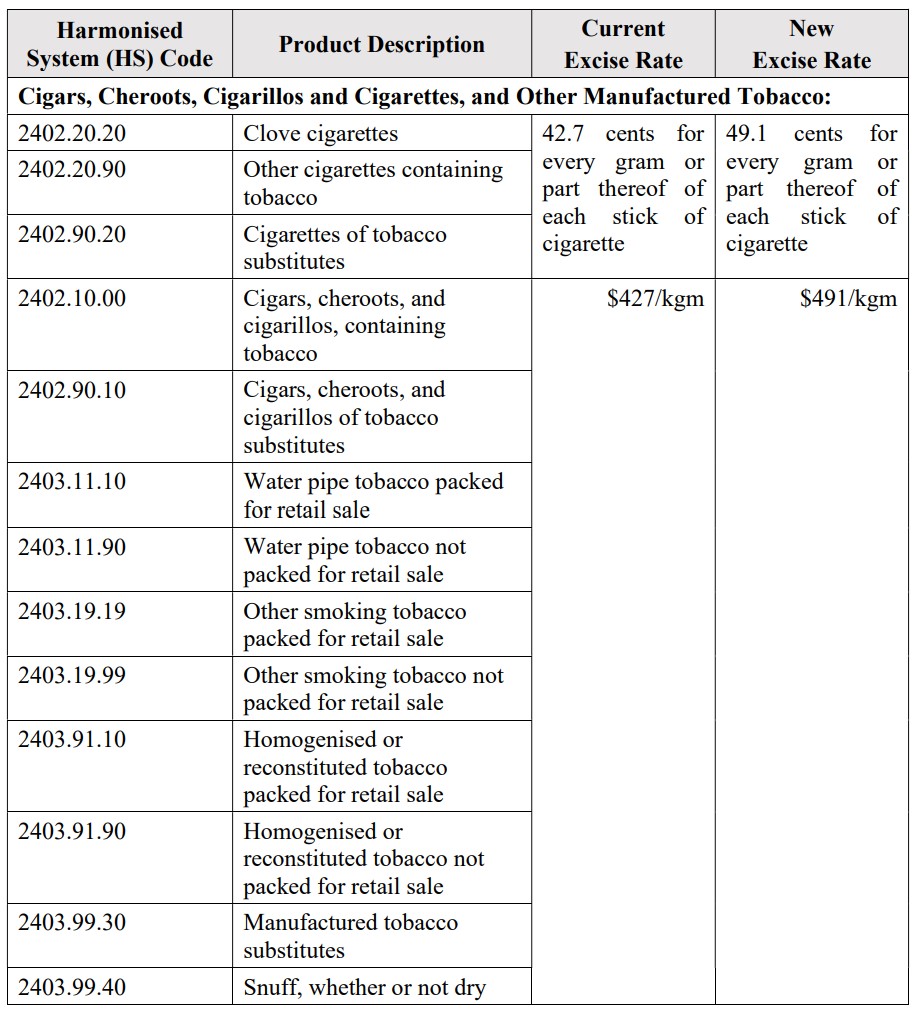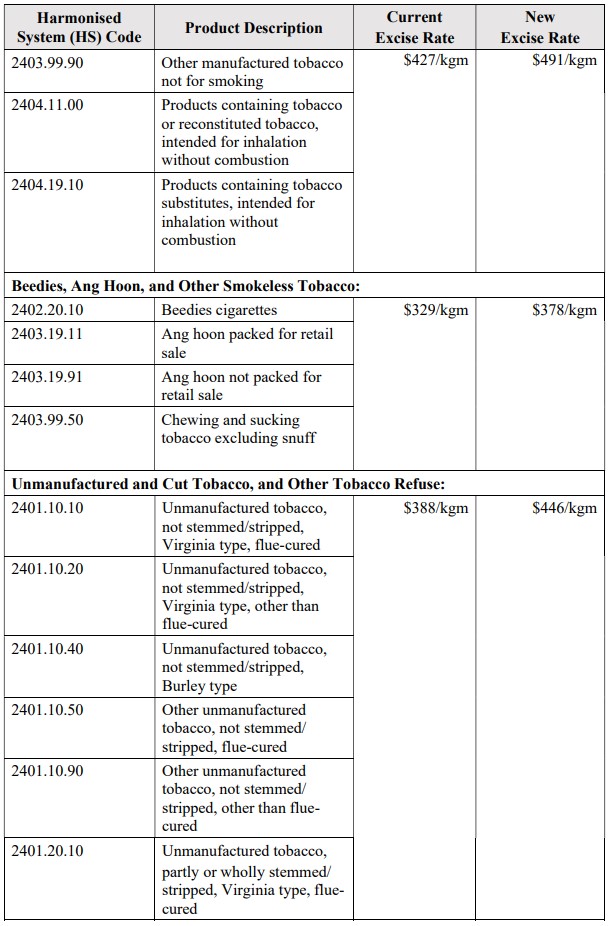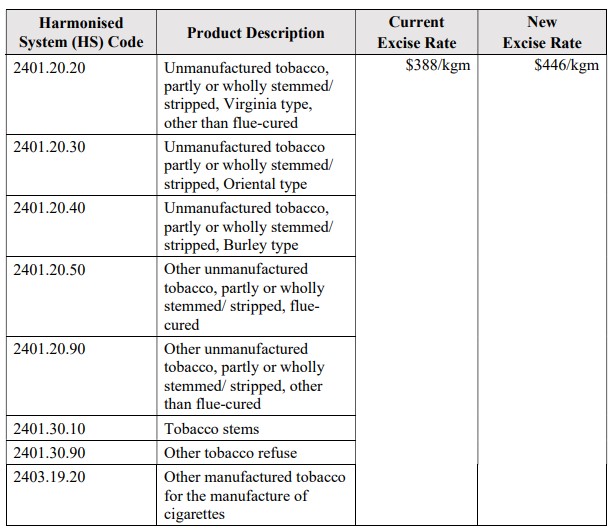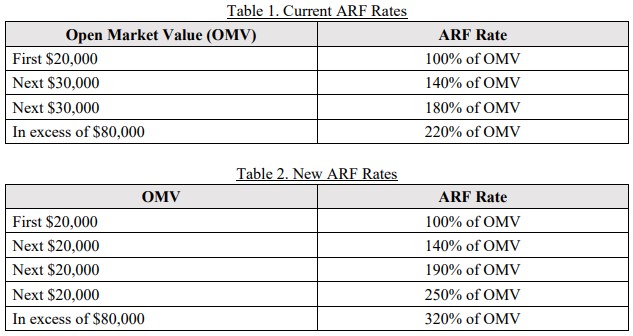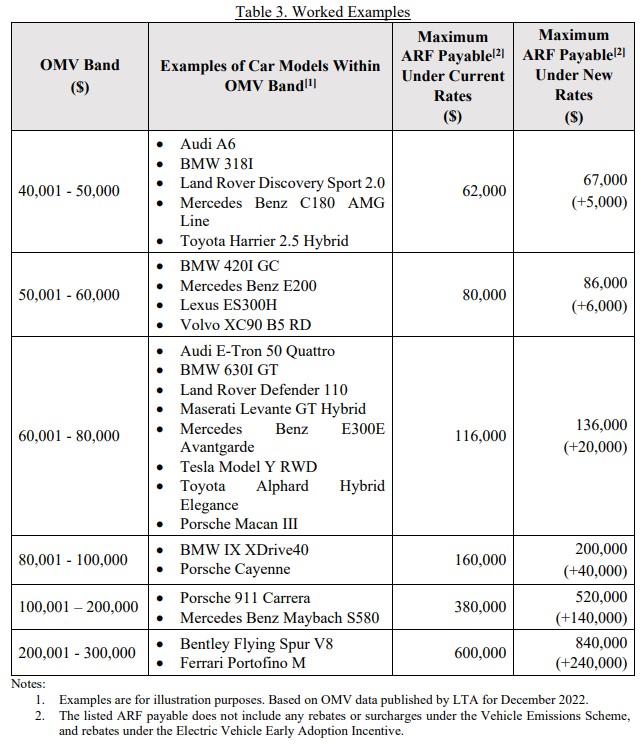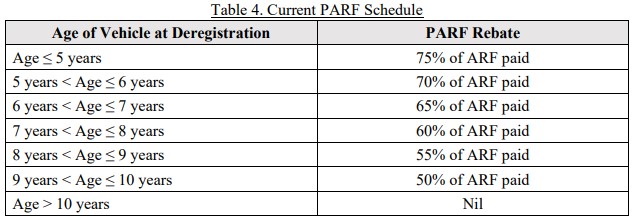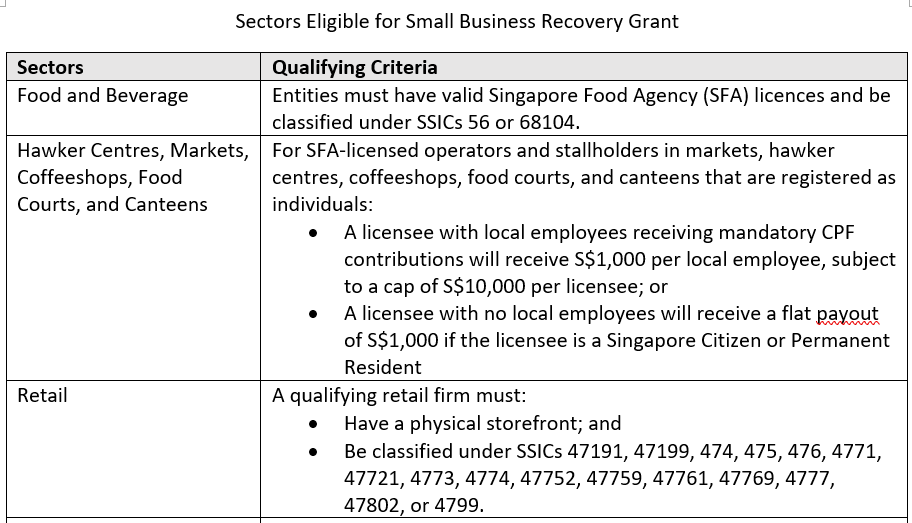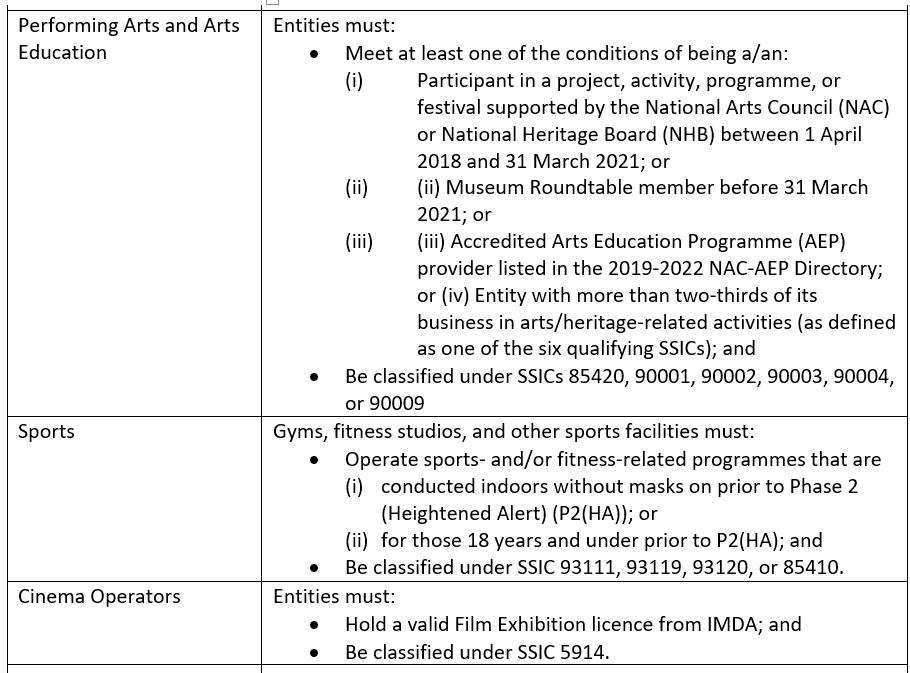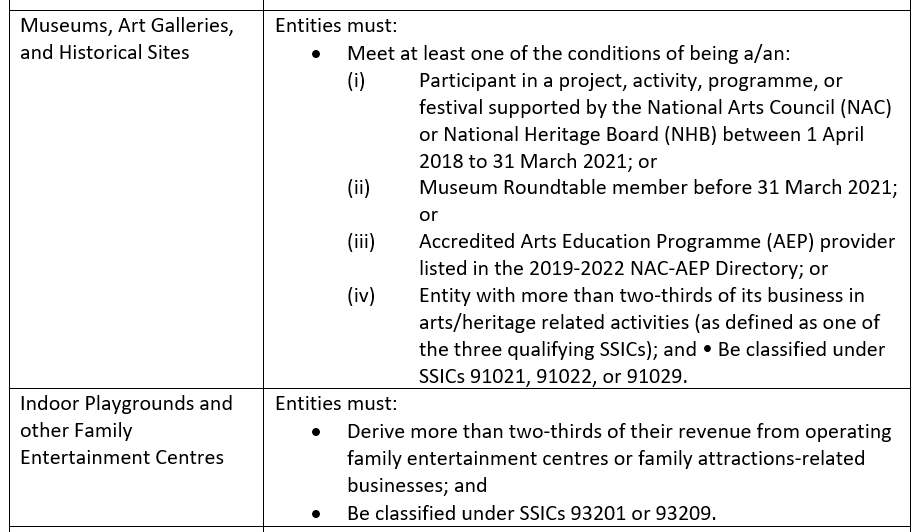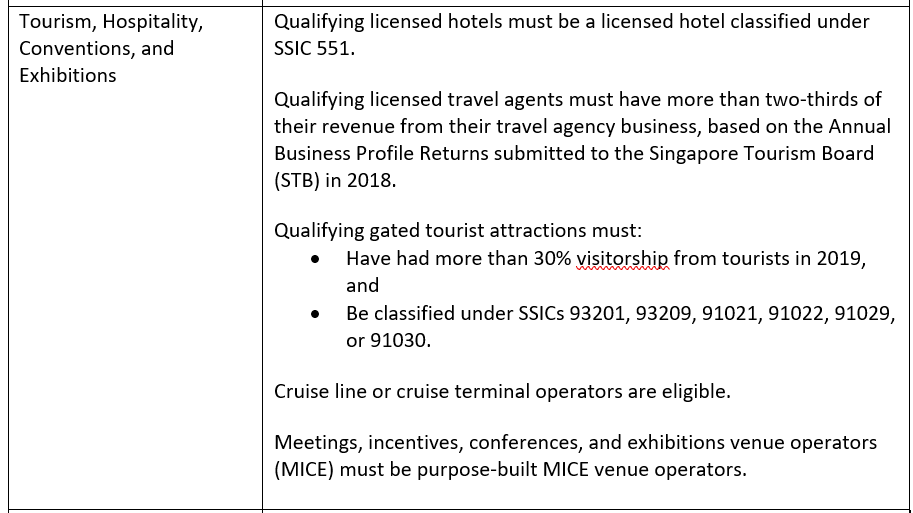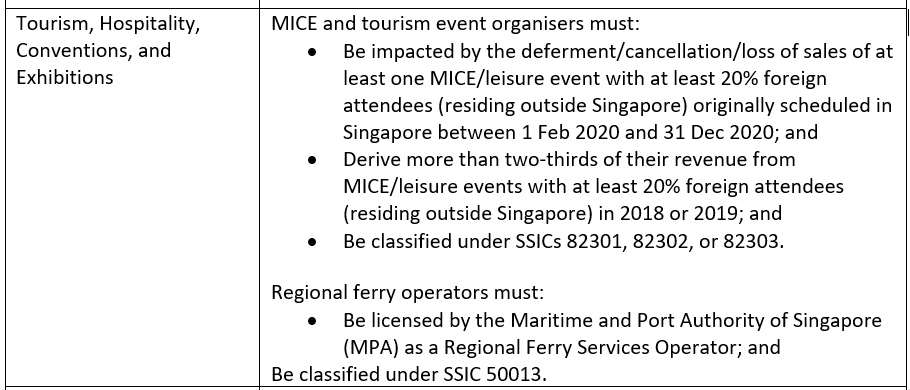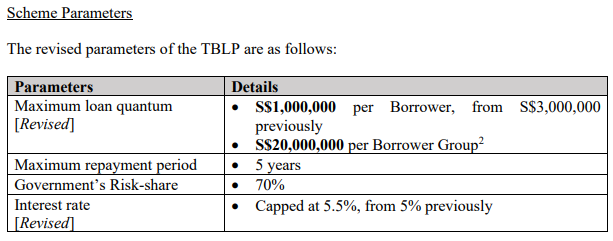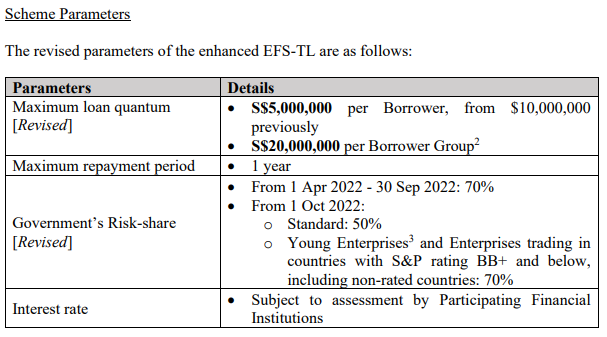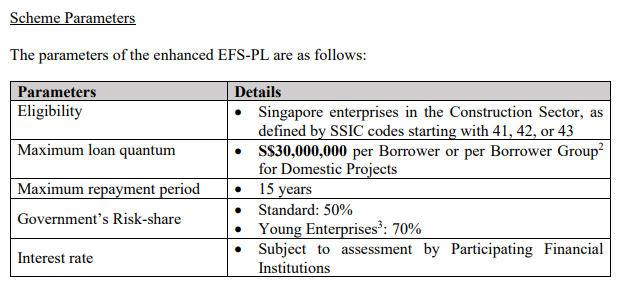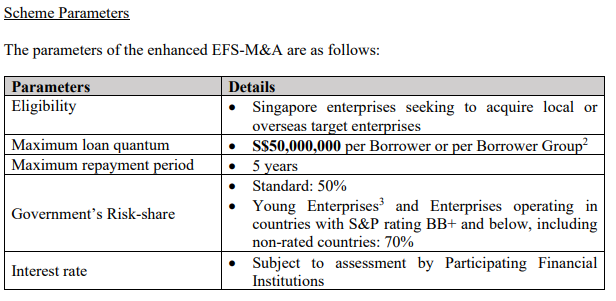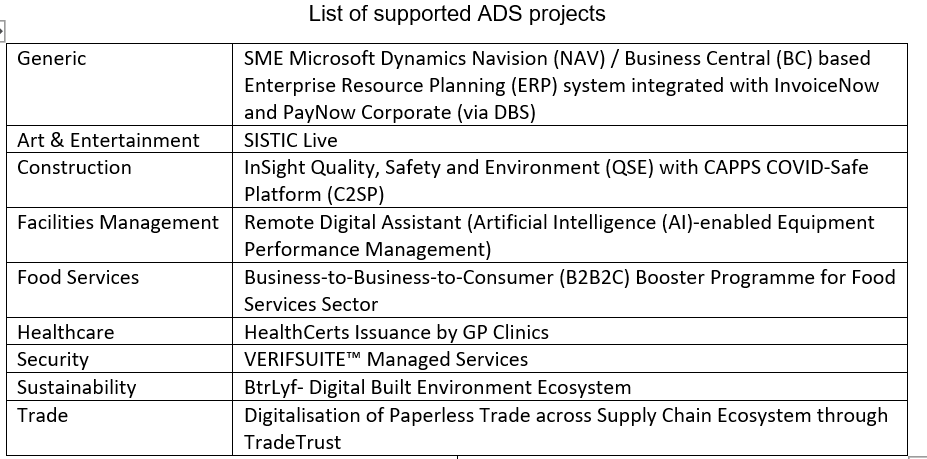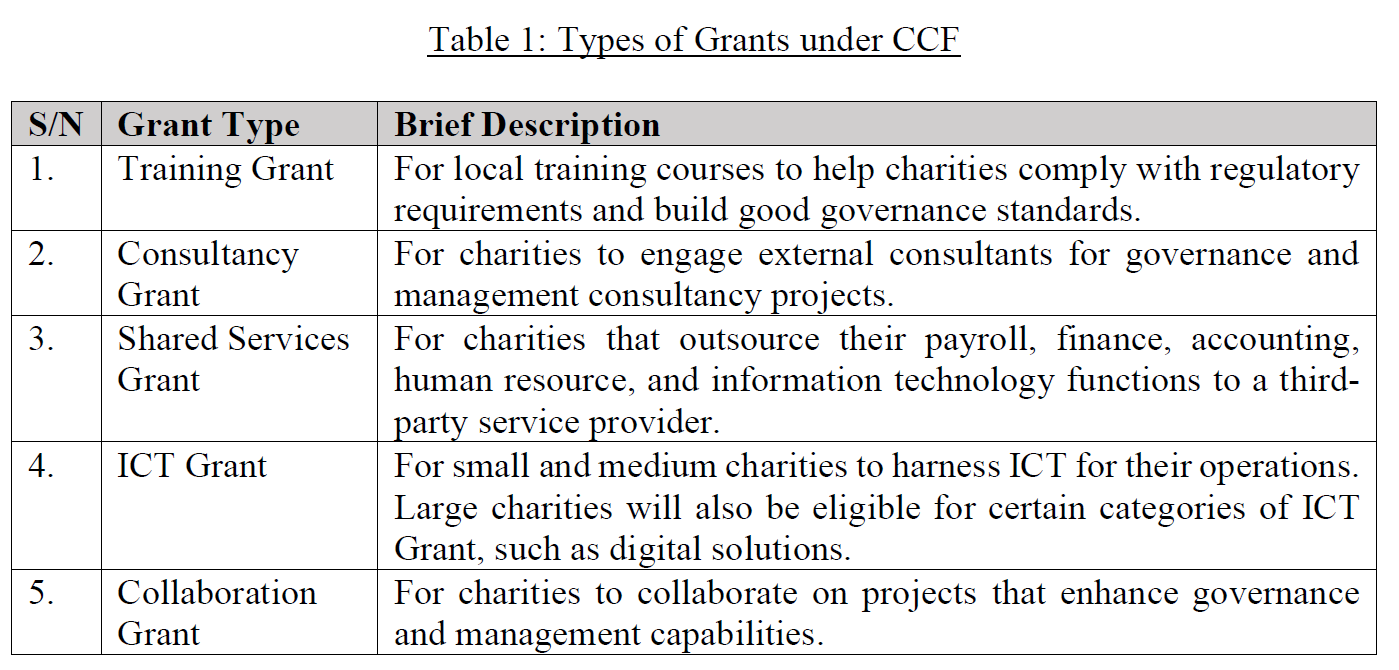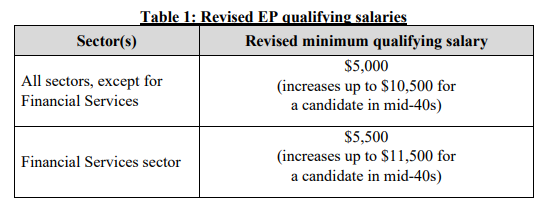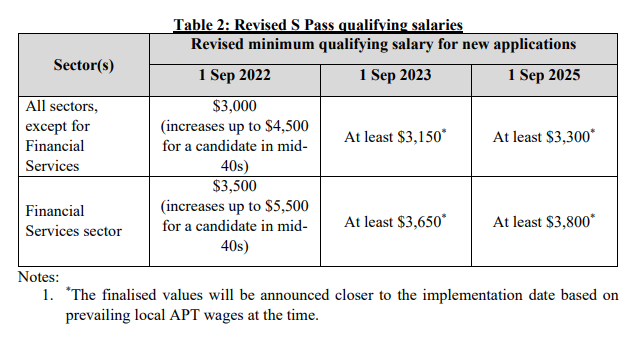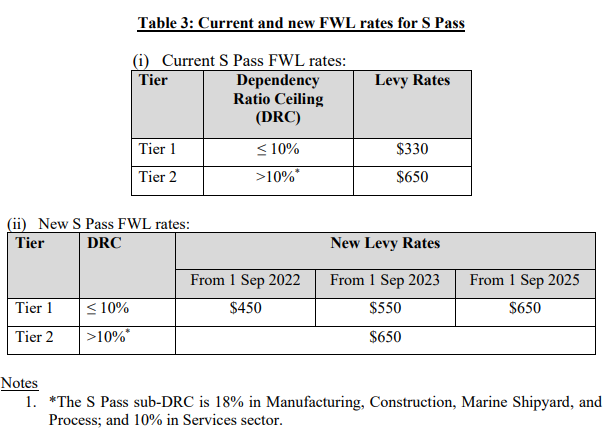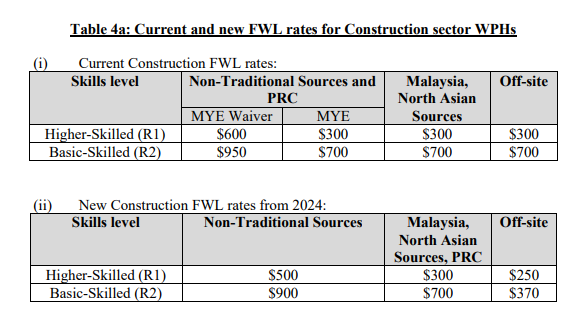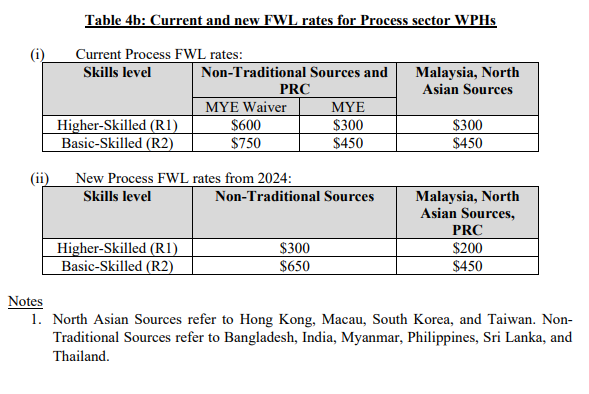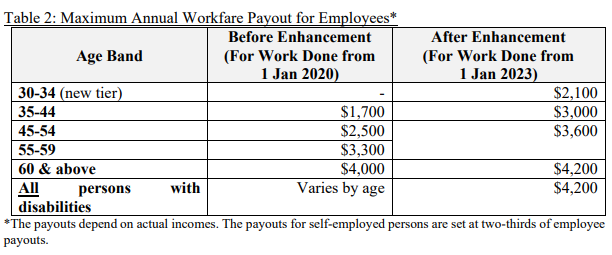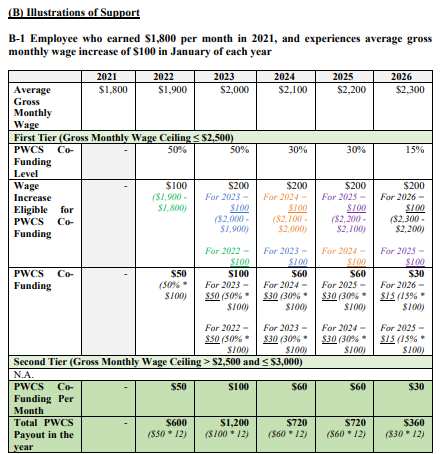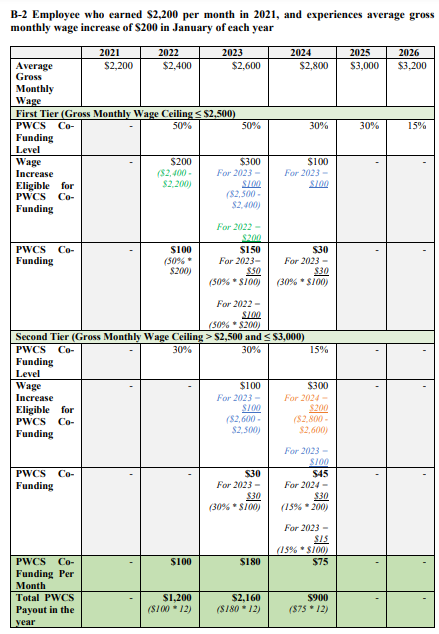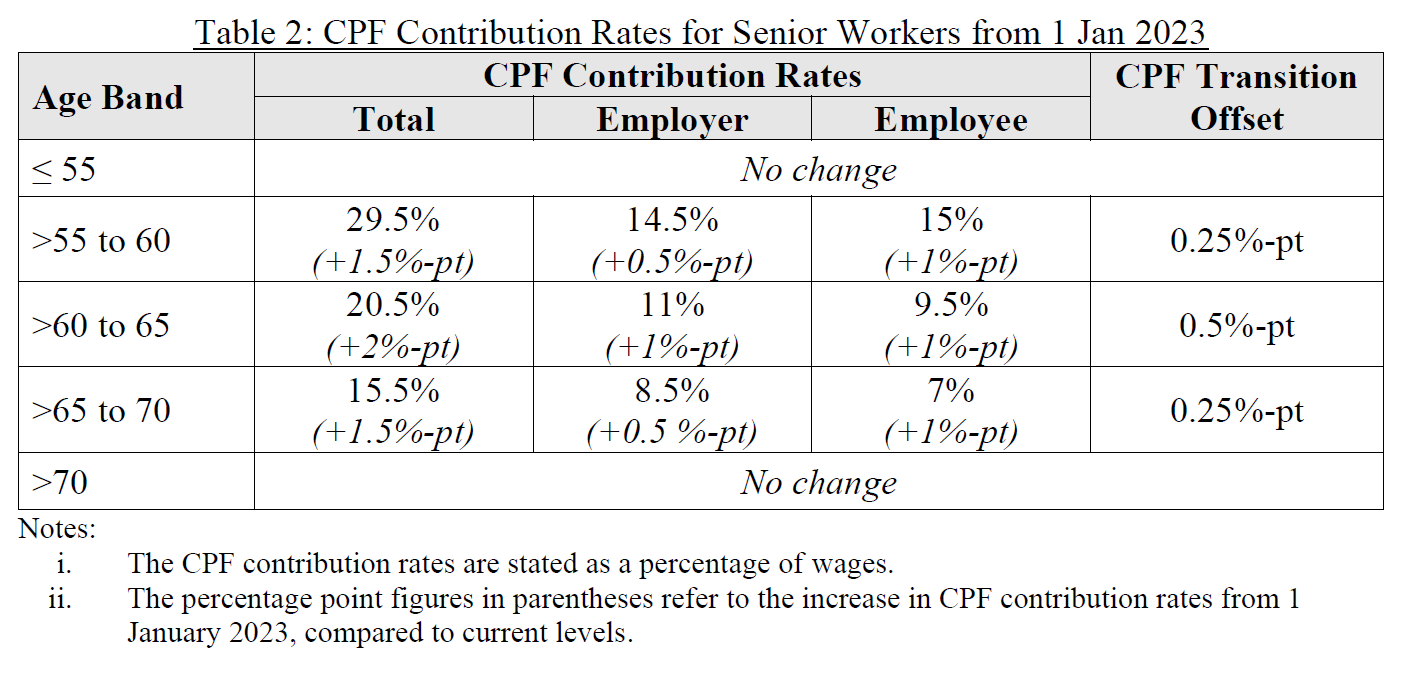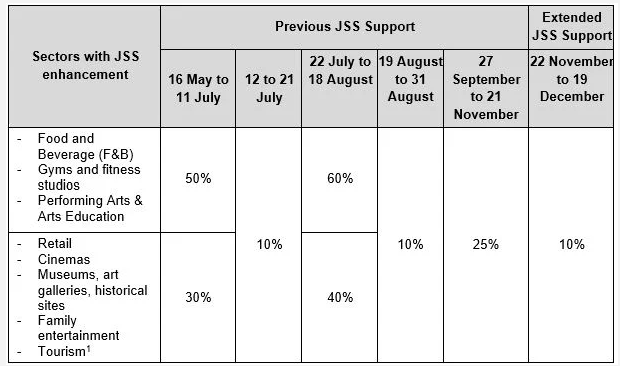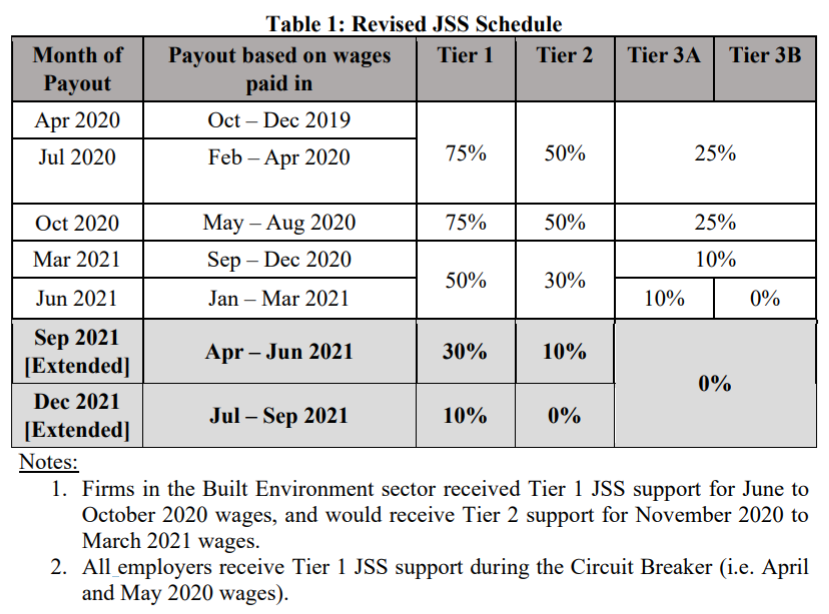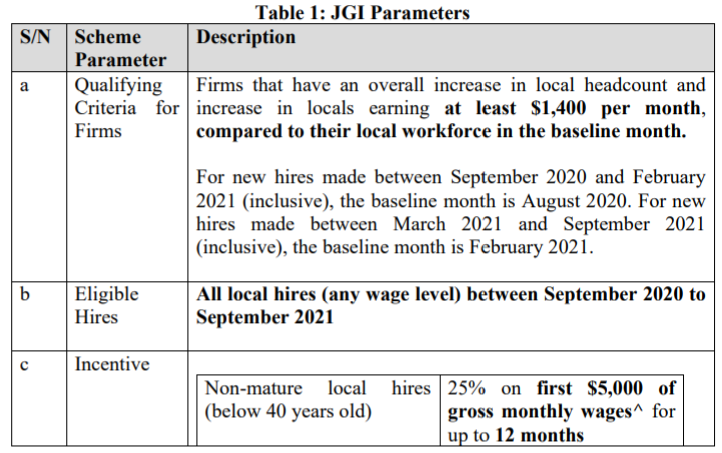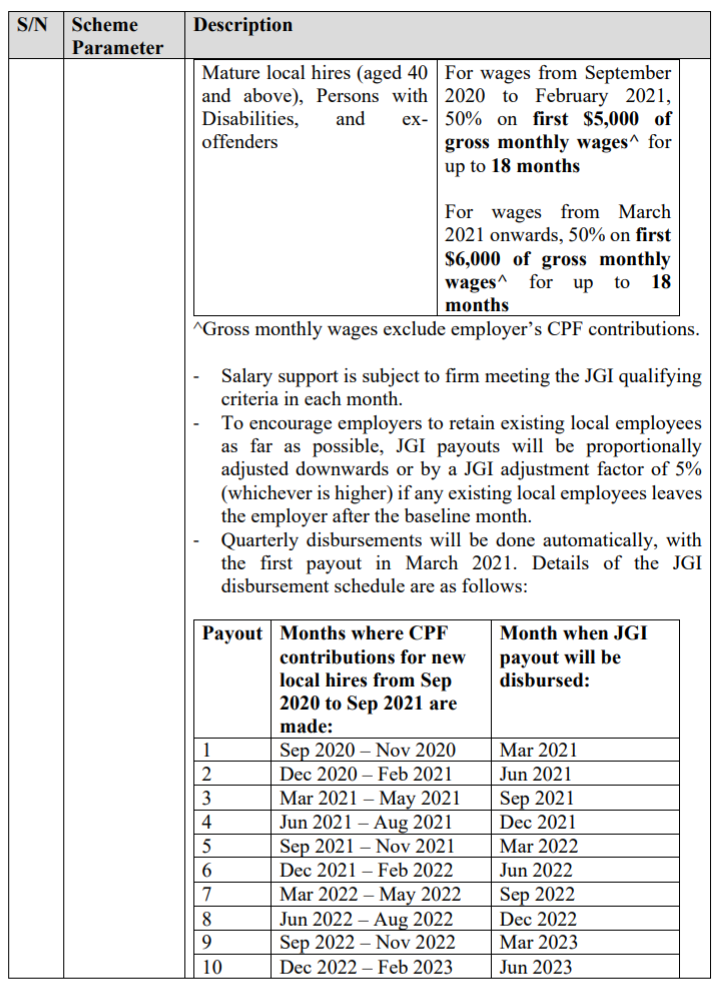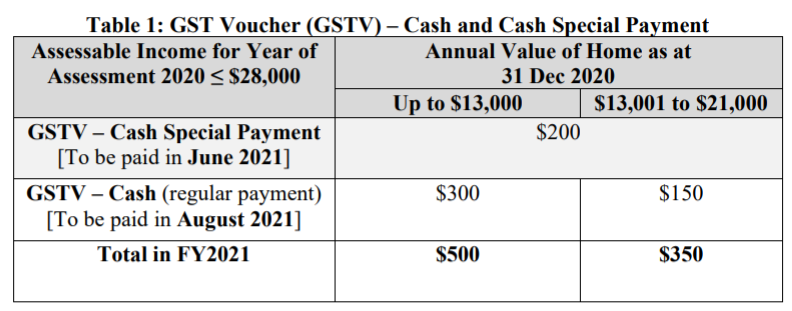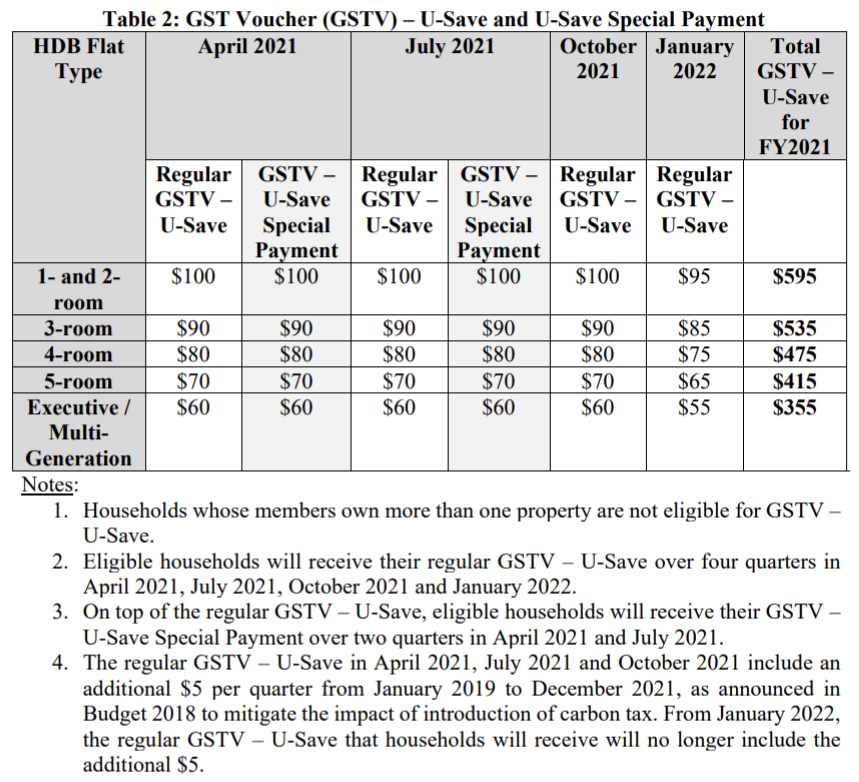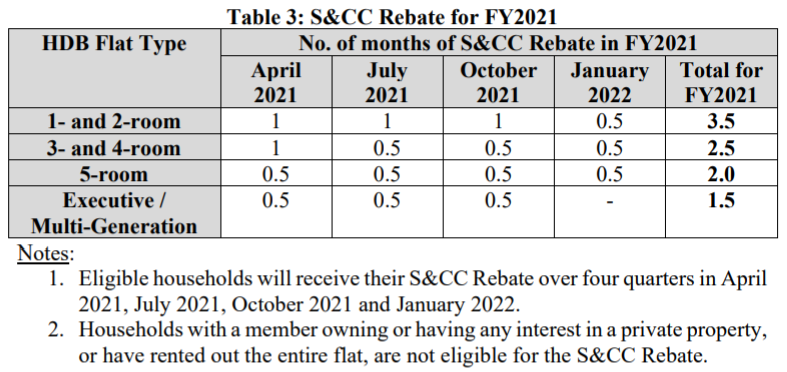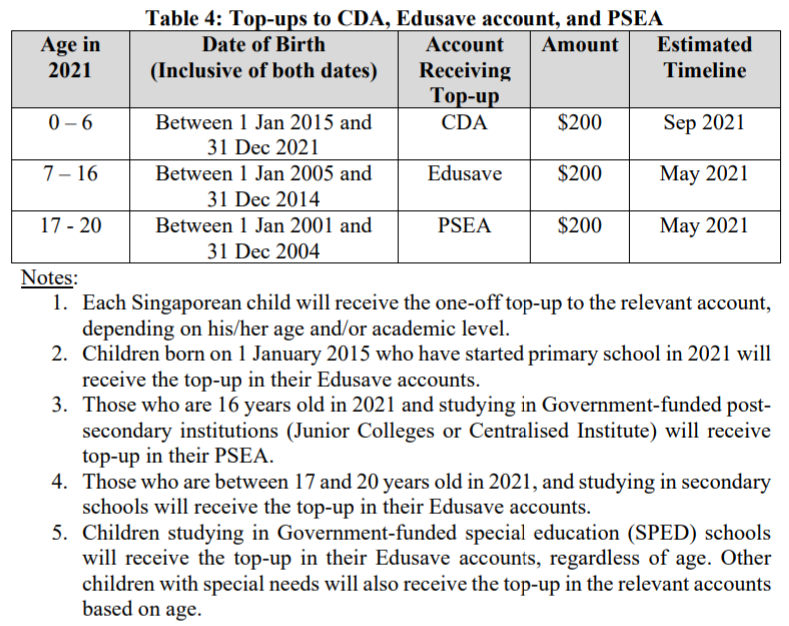The Singapore Budget 2026, delivered on February 12, 2026, focuses on helping companies navigate high operating costs while positioning Singapore as a global “AI Nation.” Below is a comprehensive guide to the latest policies, tax reliefs, and grants available for companies.
Corporate Tax & Cost Relief
To provide immediate cash flow support, the government has introduced a tax rebate for the upcoming Year of Assessment (YA).
| Feature | YA 2025 (Previous) | YA 2026 (New) |
| Rebate Rate | 50% | 40% |
| Maximum Cap | $40,000 | $30,000 |
| CIT Rebate Cash Grant | $2,000 | $1,500 |
Maximizing the Cap: To fully utilize the $30,000 tax rebate, a company’s estimated taxable income should be approximately **$540,000** (assuming a 17% tax rate before other exemptions).
Cash Grant Eligibility: Companies that employed at least one local worker in 2025 will receive a minimum of $1,500, even if they are not profitable.
Carbon Tax Update
The carbon tax has increased to $45/tCO2e for 2026. To mitigate this, the Energy Efficiency Grant (EEG) has been significantly enhanced.
Carbon Tax Impact: With the jump to $45, a facility emitting 5,000 tonnes of $CO_2$ faces a tax bill of $225,000.
EEG Base Tier: Supports up to 70% for SMEs (capped at $30,000) for pre-approved equipment like high-efficiency HVAC and LED lighting.
EEG Advanced Tier: Provides a combined cap of $350,000 for large-scale projects demonstrating at least 350 tonnes of lifetime carbon abatement.
Sectors: Now expanded to Manufacturing, Food Services, Retail, Construction, Maritime, and Data Centres.
To apply: Via Enterprise.sg
AI Innovation & The "AI Nation" Push
Budget 2026 moves beyond general digitalization to deep AI integration.
Champions of AI Programme
A new flagship initiative designed for mature enterprises to move beyond experimentation.
Customized Roadmaps: Direct consultancy to integrate AI into core business models.
Workforce Reskilling: Tailored training to ensure teams can manage AI-driven processes.
National Missions: Opportunities to lead sector-wide AI projects in logistics, healthcare, and finance.
Enterprise Innovation Scheme (EIS) Expansion
The EIS allows for a 400% tax deduction on qualifying activities.
Current Activities: R&D, IP registration, IP acquisition/licensing, and training.
2026 Revision: Now includes AI Expenditure (software licenses, AI-specific hardware, and consultancy).
Cap: The AI category is capped at $50,000 of expenditure for YA 2027 and YA 2028.
Startup SG Equity
An additional $1 billion injection to support deep-tech startups.
To Qualify: Must be a Singapore-based Private Ltd (<5 years old), have $50,000 paid-up capital, and show significant IP/innovation.
To Apply: Submit pitch decks via the Startup SG Website.
Manpower & Payroll Changes
Local Qualifying Salary (LQS) Impact
Effective July 1, 2026, the LQS rises to $1,800 (from $1,600).
| Component | At $1,600 (Old) | At $1,800 (New) |
| Gross Salary | $1,600 | $1,800 |
| Employer CPF (17%) | $272 | $306 |
| Total Monthly Cost | $1,872 | $2,106 |
Total Increase: $234 per worker/month. Note that PWCS co-funding (at 30%) helps offset this for 2026.
Work Passes & Senior Credits
- Employment Pass (EP): Qualifying salaries rise in Jan 2027 to **$6,000** ($6,600 for FinServices). For older applicants (age 45+), the threshold is now $11,500.
- Senior Employment Credit (SEC): Extended to end-2027. Provides up to a 7% wage offset for workers aged 60+ (earning up to $4k/month) to help cover the 0.5% Employer CPF hike.
Essential Grants Directory
| Grant | Details | Website |
| MRA Grant | 70% support for overseas promotion & set-up. | GoBusiness MRA |
| EDG | Support for core capabilities and sustainability. | EnterpriseSG EDG |
| PSG | 50% funding (up to $30k) for pre-approved IT tools. | Business Grants Portal |
| BizAdapt | 70% support for supply chain reconfiguration. | EnterpriseSG BizAdapt |
| DTDi | 200% tax deduction; claim cap raised to **$400k**. | EnterpriseSG DTDi |
Pro-Tip: Most grants are processed through the Business Grants Portal (BGP). You will need a CorpPass to apply.
